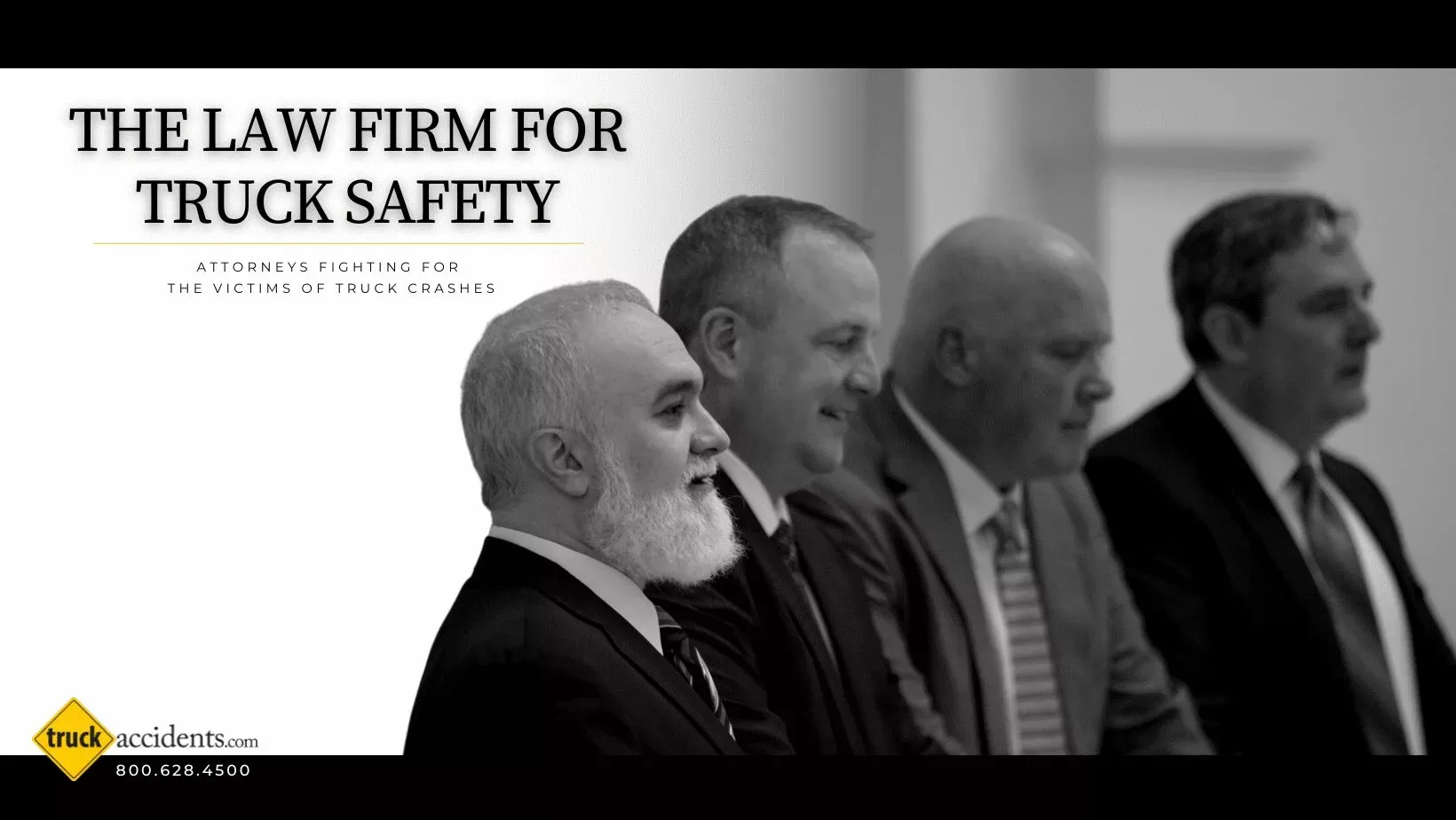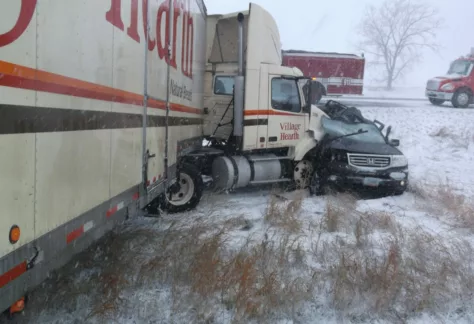Another battle is brewing over the Federal Motor Carriers Safety Administration (FMCSA) Hours Of Service rule that allows truck drivers to work an 11-hour workday and reset their weekly limit by taking a 34-hour break.
The rule in question was issued under the Bush administration in 2003. It extended the workday for truck drivers by one hour over the previous 10-hour day and reduced the total work time to 14 consecutive hours from 15. The rule went further by establishing a mandatory 10-hour off-duty period for drivers, which was a full two hours longer than what was required under the old rule.
Earlier this month, a coalition of labor and advocacy groups that includes The Teamsters, Public Citizen, Advocates for Highway and Auto Safety, and the Truck Safety Coalition released a statement contending that the current Hours Of Service (HOS)Regulations governing the working hours of anyone operating a commercial motor vehicle in the United States. rule is unsafe for the public and unhealthy for truck drivers. The group has filed suit in the U.S. Court of Appeals for the District of Columbia Circuit to have the rule overturned – an action taken twice previously, both times successfully.
In 2004, Public Citizen successfully sued to have an earlier version of the rule overturned by arguing that in it FMCSA failed to consider the rule’s adverse effects on driver health. In 2007, after FMCSA issued a slightly modified version of the rule as well as additional supporting evidence, Public Citizen once again prevailed against the rule in court. Despite these legal setbacks, FMCSA persisted in backing the rule.
In November of 2008, FMCSA again republished the rule, this time with all previous provisions intact, but with further supporting evidence. (See my previous post, "FMCSA Pushes Through Less-Than-Recommended Safety Standards Before Obama Takes Office") This latest version of the rule went into effect on January 19, after then-FMCSA Administrator John Hill rejected a request by Public Citizen to reexamine the rule.
Referrals & Co-Counsel
Involved in a Crash?
No other law firm knows trucks quite like us. Our trucking law expertise and trial experience allow us to win multi-million-dollar results year after year.
Our team of truck accident attorneys works tirelessly to help your family find justice in the wake of a catastrophic truck crash.
Referrals & Co-Counsel
No other law firm knows trucks quite like us. Our trucking law expertise and trial experience allow us to win multi-million-dollar results year after year.
Involved in a Crash?
Our team of truck accident attorneys works tirelessly to help your family find justice in the wake of a catastrophic truck crash.
Earlier this month, American Trucking Associations filed a motion to intervene in the battle between FMCSA and the coalition stating that it was seeking to intervene in order to protect the interests of its motor carrier members. ATA states that, “FMCSA has done an outstanding job explaining the scientific underpinnings of its decision to retain the HOS provisions.”
The groups opposed to the Hours of Service rule argue that scientific studies do not support the retention of the 11th hour of driving and 34-hour restart provision, and that those provisions put driver health and public safety at risk. According to Joan Claybrook, president of Citizens for Reliable and Safe Highways (CRASH), the current rule, “Put[s] industry profits in the driver’s seat and public safety in the back seat.”
In my work as a truck accident lawyer, I have seen many cases involving driver fatigue. I look forward to seeing improvement in the federal hours of service rules.


